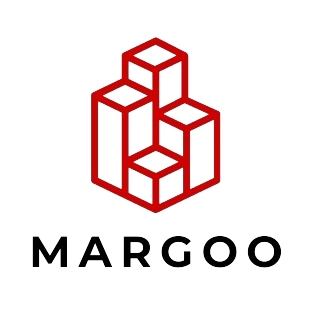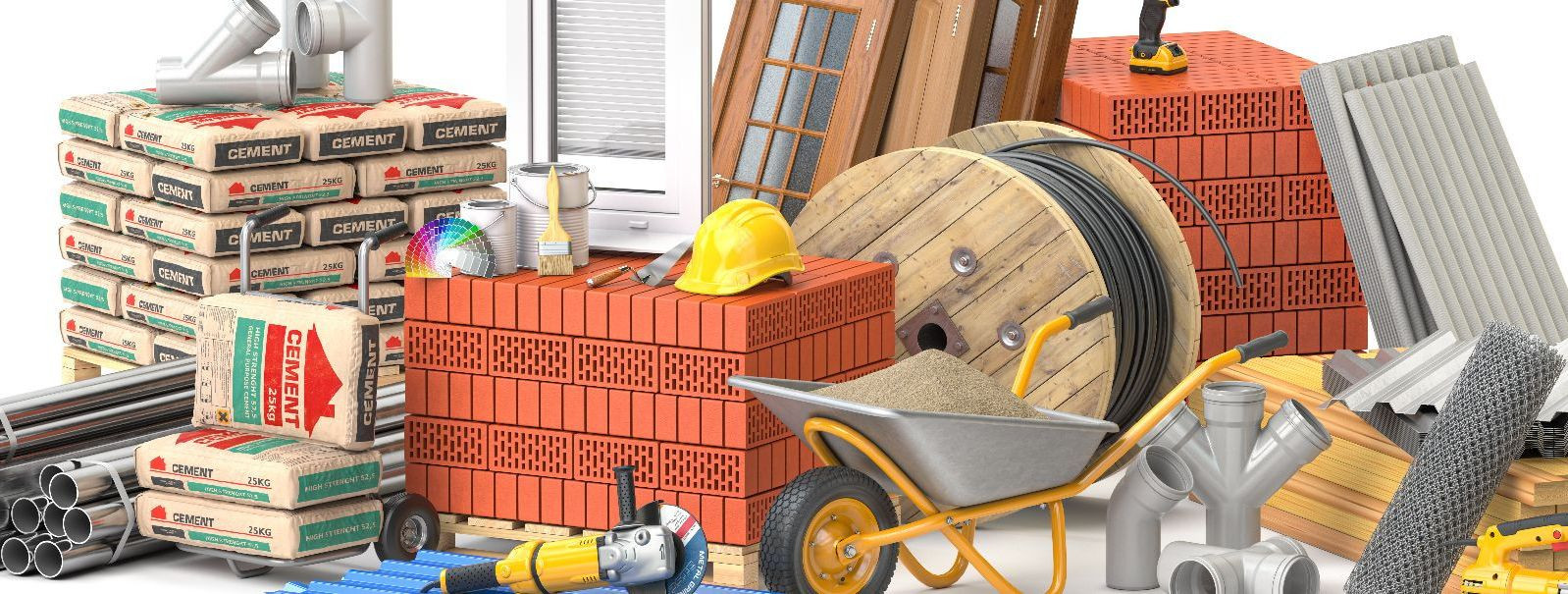The ultimate guide to choosing industrial goods for your business
Industrial goods are the backbone of any business operation, encompassing a wide range of products used in the production of other goods or services. These can range from raw materials and machinery to components and safety equipment. Understanding the different types of industrial goods is crucial for making informed decisions that align with your business objectives.
Industrial goods play a pivotal role in the efficiency and success of business operations. They are integral to the manufacturing process, maintenance, safety, and overall productivity of a company. Selecting the right industrial goods can lead to improved operations, cost savings, and a competitive edge in the market.
Assessing Your Business Needs
Before choosing industrial goods, it's essential to assess your business's core operations and specific requirements. This involves a thorough analysis of your production processes, workflow, and the demands of your industry. By understanding these elements, you can select industrial goods that enhance your operational efficiency and meet your business's unique needs.
It's also important to consider your business's future growth and scalability. The industrial goods you choose should not only meet current demands but also accommodate future expansion. This foresight ensures that your investment remains relevant and supports your business as it evolves.
Quality and Durability Considerations
The quality and durability of industrial goods are largely determined by the materials used and the manufacturing processes employed. High-quality materials and advanced manufacturing techniques result in products that are more durable, reliable, and capable of withstanding the rigors of industrial use.
Considering the longevity and maintenance requirements of industrial goods is also vital. Durable goods may have a higher upfront cost but can lead to lower maintenance expenses and a longer lifespan, ultimately providing better value for money.
Cost-Effectiveness and Budgeting
When selecting industrial goods, it's important to balance the initial investment against potential long-term savings. While some goods may be more expensive upfront, they could offer greater efficiency, reduced downtime, and lower operating costs over time.
Understanding the total cost of ownership (TCO) is crucial when choosing industrial goods. TCO includes the purchase price, operating costs, maintenance expenses, and any potential downtime costs. A comprehensive TCO analysis helps businesses make cost-effective decisions that benefit their bottom line.
Supplier Selection and Relationship Management
Selecting the right supplier is as important as the goods themselves. Evaluating a supplier's credentials, reputation, and track record can provide insights into their reliability and the quality of their products. It's essential to choose suppliers who are known for their excellence and consistency in the industry.
Building strategic partnerships with suppliers can lead to better pricing, priority service, and access to the latest products and innovations. A strong relationship with your suppliers can also ensure a steady supply of industrial goods and support when you need it most.
Environmental Impact and Sustainability
With an increasing focus on environmental sustainability, choosing eco-friendly industrial goods is becoming more important. These products are designed to minimize environmental impact through energy efficiency, reduced waste, and recyclability.
Ensuring compliance with environmental regulations is not only a legal requirement but also a reflection of your business's commitment to sustainability. Selecting industrial goods that meet or exceed environmental standards can enhance your company's reputation and contribute to a healthier planet.
Customization and Specialized Solutions
There are scenarios where off-the-shelf industrial goods may not meet the specific needs of your business. In such cases, opting for custom-built solutions can provide the perfect fit for your operations, ensuring maximum efficiency and performance.
Working closely with suppliers can help you obtain customized industrial goods tailored to your requirements. Suppliers with custom fabrication capabilities can design and produce goods that are unique to your business's needs, offering a competitive advantage.
Technology Integration and Innovation
Embracing modern technologies in industrial goods can lead to significant improvements in productivity, safety, and cost-efficiency. Advanced technologies such as automation, IoT, and AI can transform your business operations, making them smarter and more responsive.
Staying ahead of the curve with innovative industrial goods can position your business as a leader in your industry. Investing in the latest advancements can drive growth, attract top talent, and set new standards in quality and performance.






Comments (0)